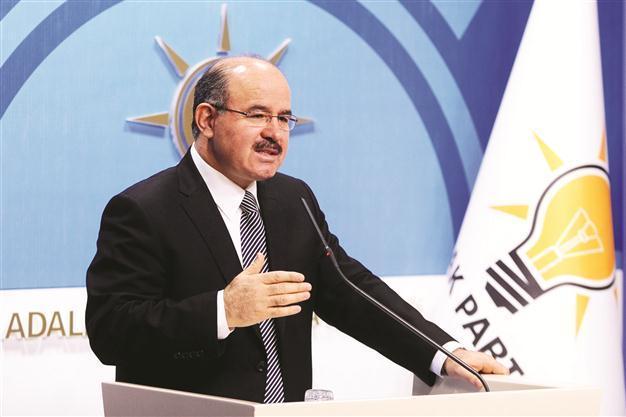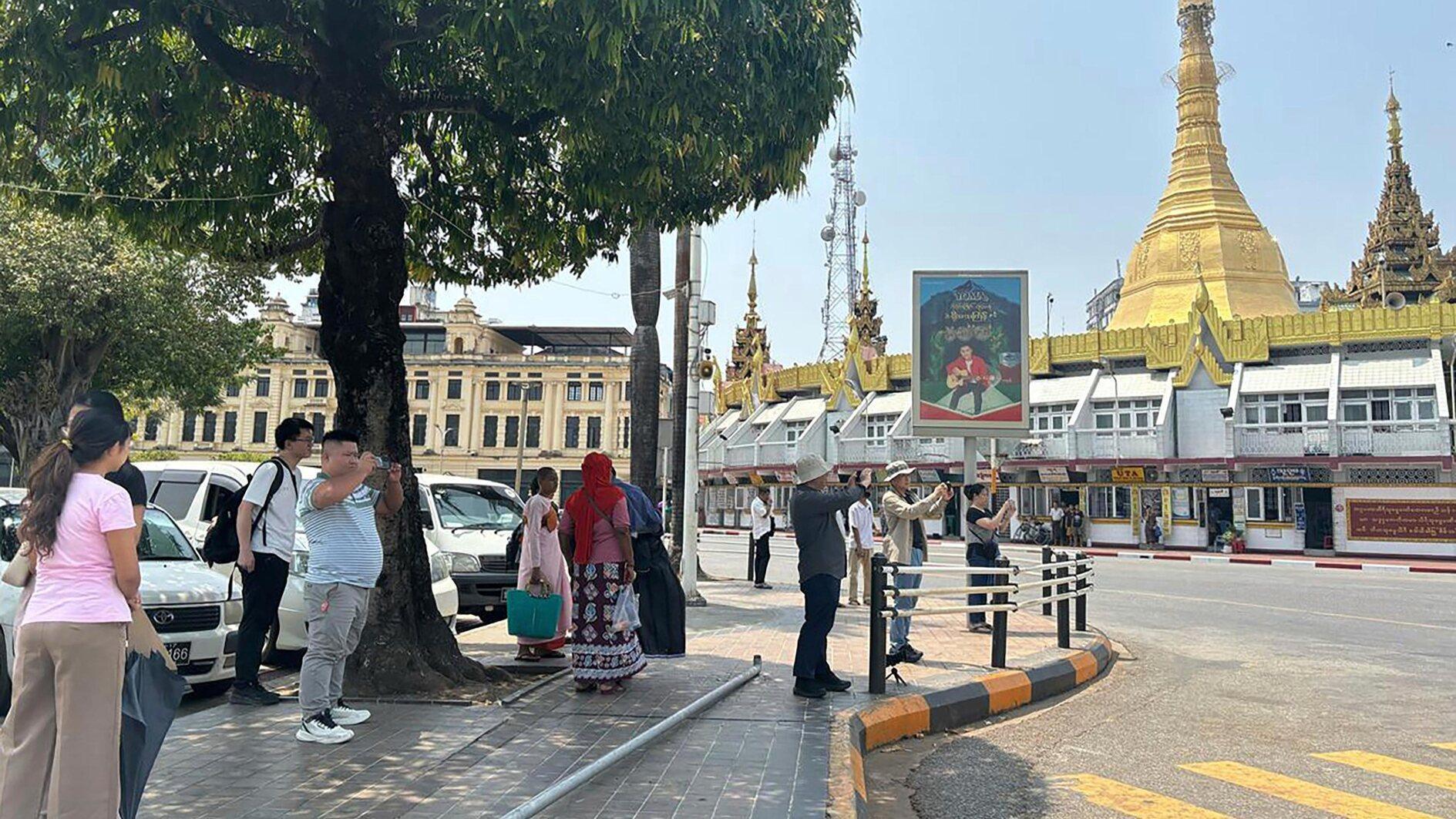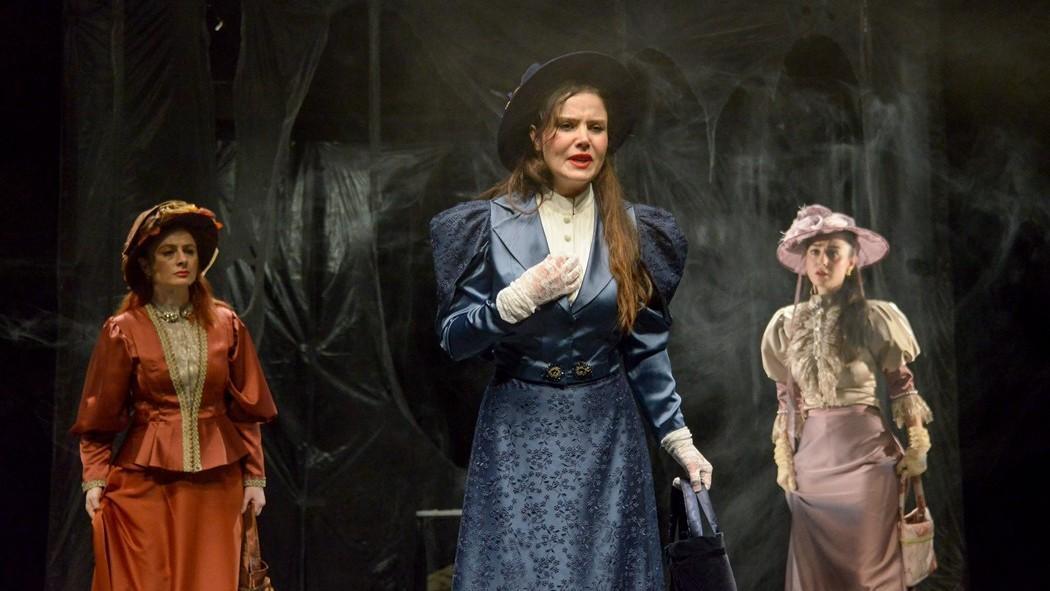Ex-army chief arrest reveals crack in Turkey's AKP
Analysis/ANKARA - Hürriyet Daily News

For many, HüseyinÇelik’s statement that Başbuğ should be prosecuted in a civil court is an indication of a disagreement between Gül and the government. AA photo
A simmering political debate between parties and within the ruling party is likely to create more tension in the capital as former top soldier İlker Başbuğ’s lawyers demanded yesterday that their client be tried by the Supreme Council.The first fault line amid the tension is no doubt the arrest of Başbuğ, who had been very close to Justice and Development Party (AKP) governments since the mid-2000s. Prime Minister Recep Tayyip Erdoğan openly said he wanted to see Başbuğ tried without arrest while President Abdullah Gül found Başbuğ’s demand to be tried by the Supreme Council correct.
However, the views of both leading figures were opposed by groups known to be close to the influential Fethullah Gülen religious community. For many, AKP deputy leader Hüseyin Çelik’s statement that they believed it was more appropriate to prosecute the former commander in a special-authority court was an indication of this disagreement.
In addition to this, there are rumors that a senior figure in the Supreme Council told some AKP figures that Başbuğ could not be tried by the supreme body in accordance with Article 145 of the Constitution. In this respect, the court’s response to Başbuğ will be crucial in determining the next phase of this rift between the government and the Gülen community.
The Supreme Council is the name the Constitutional Court assumes when it is conducting a trial in a criminal case.
Another very important issue is the government’s plans to make the criteria for arrest more difficult in a move to silence domestic and international criticism over the growing numbers of detainees and lengthy prosecution periods. Pro-Gülen media figures, however, have said the release of controversial figures that allegedly attempted to stage a coup in the past would be seen as an encouragement for them in their future anti-government activities.
The fact that we are reading more critical views in these media circles could be interpreted as the footsteps of a looming face-off in the near future. As suggested by leading columnist Nazlı Ilıcak, the potential release of Ahmet Şık and Nedim Şener, two prominent journalists who have become symbolic victims of the government-led restrictions on media freedom, during their next hearing on Jan. 23 would be an important development in this sense.
Though it would help the government in silencing criticism, it could still risk igniting a deeper and perhaps more visible spat with the Gülen community.
In an overall assessment, the ongoing rift is seen as the third round of the political conflict between the government and the community. The first one was observed with the match-fixing bill, the second one in the bill increasing lawmakers’ pensions and the third one with Başbuğ’s arrest.
Needless to say, Gül has played a very crucial role in every of these rifts at the expense of challenging his old colleagues in the AKP.
















